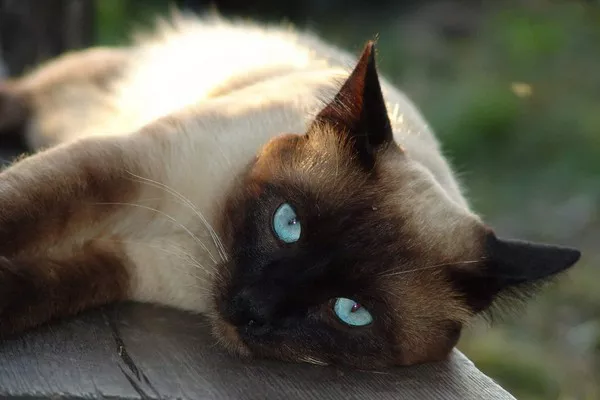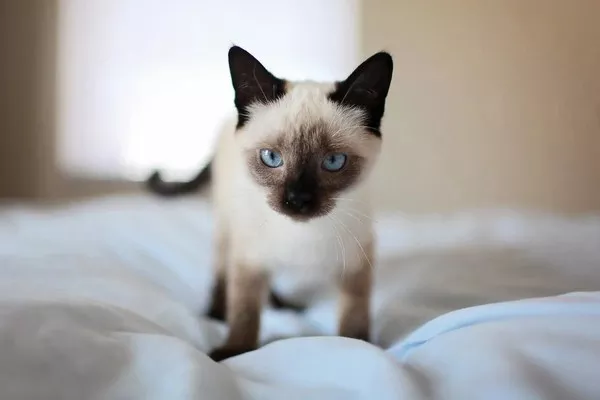Spain is set to enforce its new Animal Welfare Act on September 29, ushering in significant modifications regarding the ownership of domestic animals. However, the regulations will distinguish between various types of pets, with dog and cat ownership subject to distinct requirements.
One of the major changes pertains to kittens, with the crucial mandate being that all animals must be sterilized before reaching six months of age, except for one notable exception.
The exception to the sterilization requirement applies to cats registered as breeding animals under professional breeders. As per the new regulations, kittens will no longer be available for sale in pet shops; instead, they can only be obtained from registered breeders. In the case of adopting adult cats, this can only be facilitated through animal shelters or private individuals, with complete documentation being mandatory.
Unlike dog owners, cat owners will not be required to complete a responsible ownership course or obtain civil liability insurance. However, cats must possess a vaccination certificate and a microchip. The regulations establish three categories for cats: domestic cats, free-roaming cats, and ‘community’ cats.
For domestic cats, it is stipulated that they cannot reside on terraces, balconies, roof terraces, basements, patios, and similar locations. Additionally, no cat may be left unattended for more than three days.
Euthanasia will be strictly regulated, with permission granted only in specific situations: to alleviate suffering from a terminal illness, for safety reasons related to humans and animals, or when a cat poses a threat to public health.
Moreover, the new animal welfare regulations outline the procedures to follow after the death of a cat. Owners will be obligated to notify the relevant authorities of the cat’s demise through a documented report, including details regarding the disposal of the remains. The regulations specify that cremation or burial must be conducted in compliance with established guidelines.






















